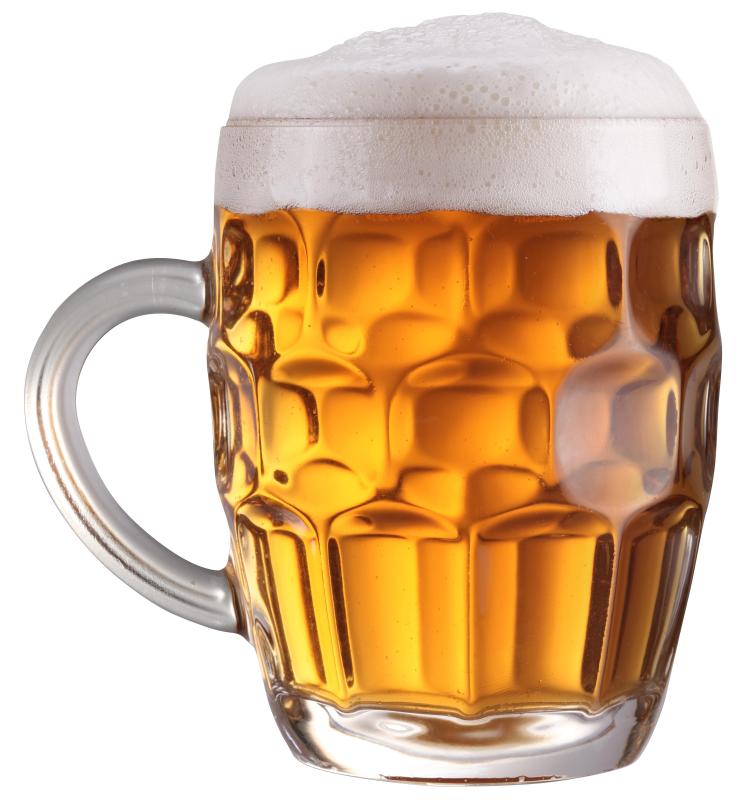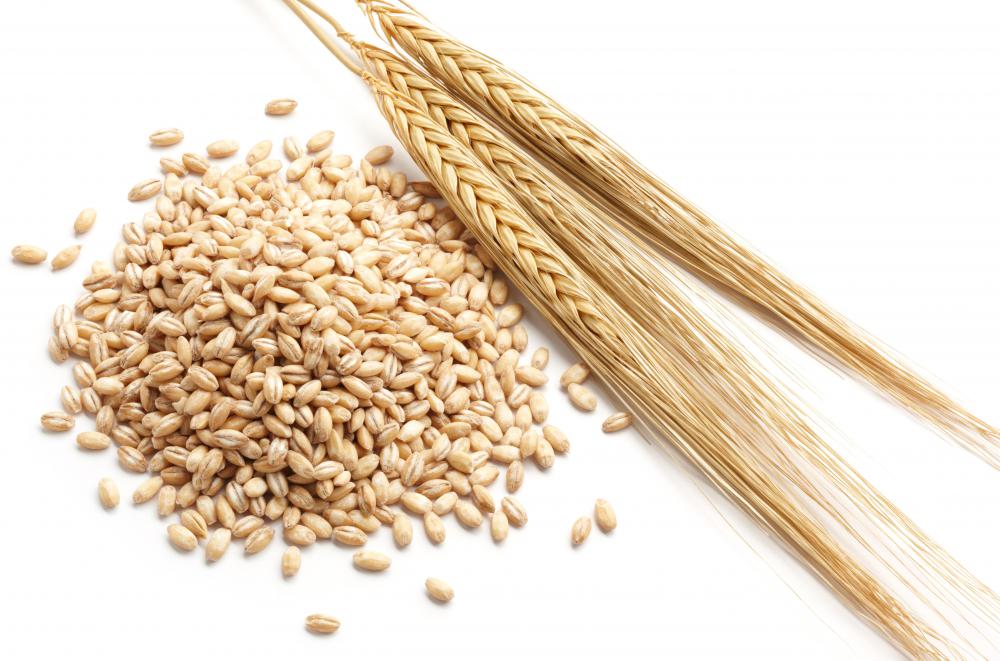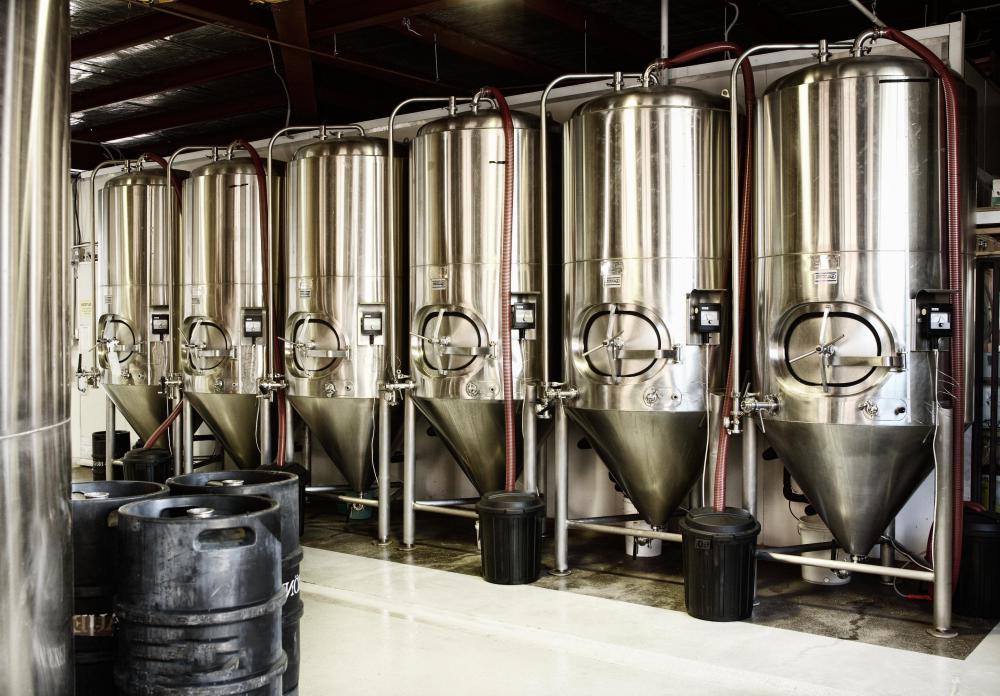At WiseGEEK, we're committed to delivering accurate, trustworthy information. Our expert-authored content is rigorously fact-checked and sourced from credible authorities. Discover how we uphold the highest standards in providing you with reliable knowledge.
What Are the Different Types of Low-Carb Beer?
When looking for a low-carb beer, people can generally find them to suit a variety of tastes. Some are full-bodied, while others are much lighter. While most are made with wheat and barley as their primary grains, others use different, gluten-free grains. Consequently, individuals who are on diets low in carbohydrates can still enjoy a nice, cold beer so long as they do so responsibly.
For years, individuals on diets with restricted carbohydrate intake had to pass on beers and ales because of their carbohydrate content. In fact, one regular beer contains roughly the same carb content as a slice of wheat bread. Around 2002, however, companies began manufacturing low-carb beer. Since that time, the number of beers heralded as low in carbohydrates has grown considerably, and many commercial breweries have at least one type of low-carb beer available.

Most mainstream low-carb beers are made from the same grains as regular beer, namely, wheat, barley, or some combination of the two. For these types of beer, their low-carb status is achieved during the brewing process. Generally, the fermentation time is extended so as to convert more of the carbohydrates to alcohol. Additionally, brewers use different types of yeast and adjust the mash temperature to allow for a higher ratio of carbohydrate conversion.

Depending upon the particular brewing procedures used, low-carb beers can have fuller, more robust flavors and colors or a lighter, more watery feel. Generally, the carbohydrate content in low-carb beer can range anywhere from two to seven grams per serving. As a rule of thumb, the lower the carbohydrate content, the lighter the beer looks and tastes. Some people confuse low-calorie beers with low-carb beers, but this is not necessarily the case. Not all low-calorie beers are low in carbohydrates and vice versa.

Various specialty brewers also produce gluten-free beers that are made from grains other than wheat and barley. For instance, some brewers use rice, buckwheat, sorghum, or corn as their primary grains. Due to the fact that these alternate grains are naturally gluten-free, the resulting beer is usually low in carbs as well. These beers typically have heavier, more robust tastes than those made with wheat and barley. As a caveat, the fact that beers made from alternate grains are low in carbohydrates doesn’t necessarily mean they are low in calories, and many of them have a calorie count around 180 to 200 per serving.

In addition to mainstream beers sold commercially, many microbreweries have their own versions of low-carb beer. Some of these more unique brews might only be available in local areas or at various times of year, depending upon the size and capacity of the microbrewer. A number of people enjoy brewing beer as a hobby, and consequently, recipes for low-carb beer can be found on the Internet for those wishing to try their hand at creating their own unique blends. The key for any person who wants to enjoy low-carb beer, though, is to enjoy it responsibly, keeping in mind that, even though the carbohydrates are reduced, there is still the alcohol content to contend with, which can be a spoiler for any type of diet.
AS FEATURED ON:
AS FEATURED ON:















Discussion Comments
I don't know about low-carb beer, but I have tried low-carb wine. Meh. Mixed results, I'd say. Some is good, some tastes a *lot* like aspartame was added. So, like Pippinwhite said, I guess it's like a lot of other things that are low-carb. Some are much better than others.
Beer isn't really as sweet as wine anyway, so maybe the low-carb version would work better with beer. I have friends who won't drink anything but low-carb beer. They say it's just as good, so I don't know. I guess it all depends on the person. Some diet sodas are better than others.
Since I'm not much of a beer drinker, I've never tried low-carb beer. I do know people who say that, depending on the brand, it can be pretty good. That's like a lot of other low-carb foods, though. They can either be really good or really awful. For instance, some low-carb ice cream is actually pretty good, while some of it tastes like chalk.
Maybe low-carb beer would be good in things, like cooking, to help reduce the carb count a little. I can see it having a use in that area, if nothing else. Might be something to try, anyway.
Post your comments